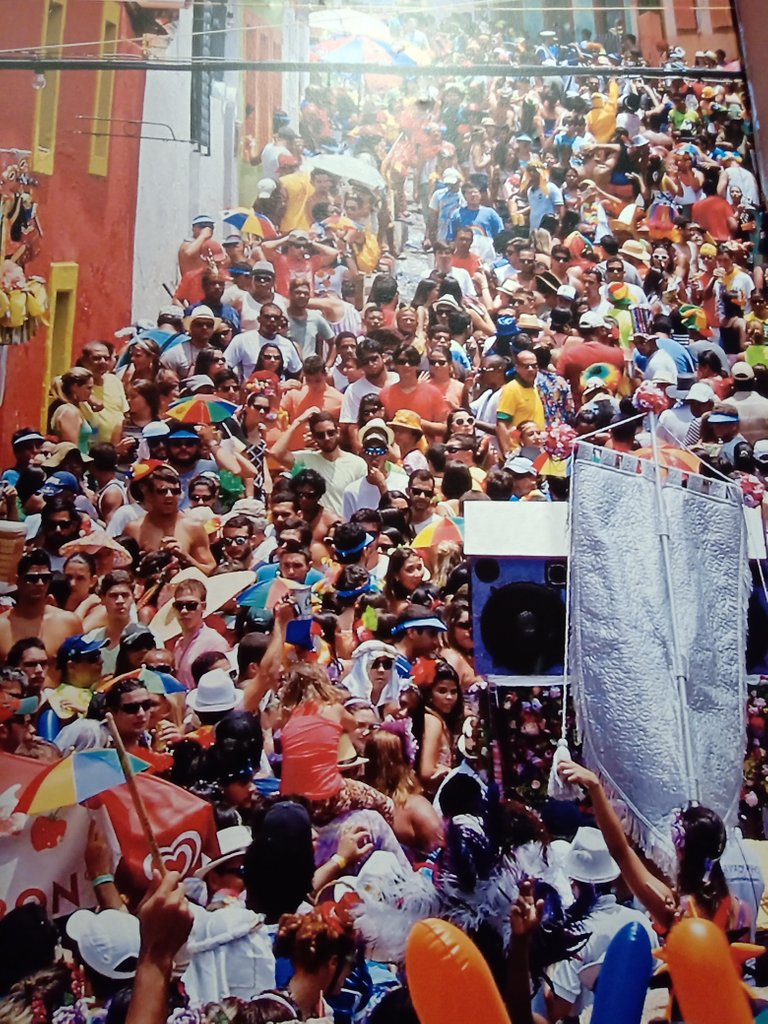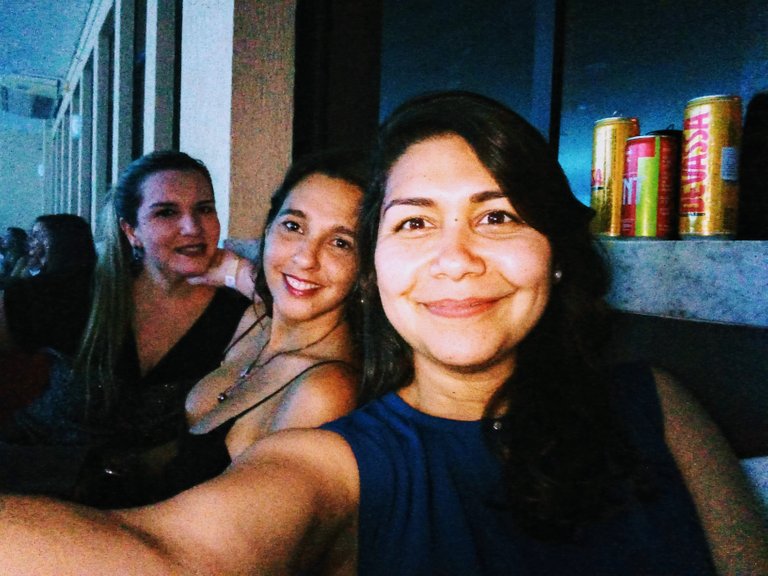
Frevo museum in Recife, Brazil
Brazilian music is one of the richest and most varied. With influences from African, European and indigenous rhythms, Brazil has created its own distinctive sound that is known throughout the world.
One of the most emblematic genres of Brazilian music is bossa nova, a style that emerged in the 1950s in Rio de Janeiro.
Bossa nova is characterized by its relaxed and smooth rhythm, poetic lyrics and harmonic complexity. Great artists such as João Gilberto, Antonio Carlos Jobim and Astrud Gilberto are some of the most important names of this genre.
Another very popular genre of Brazilian music is samba. Originating in Bahia and Rio de Janeiro, samba is a musical genre characterized by its frenetic rhythm and strong percussive presence. It is the sound of Carnival in Brazil and is celebrated with enthusiasm throughout the country. Big names in samba include Cartola, Clara Nunes and Zeca Pagodinho.

Carnivals in brazil
Brazilian music has also been influenced by jazz and funk. In the 1970s, the Blue Note Records label began recording Brazilian artists such as Sergio Mendes and Flora Purim, who fused samba and bossa nova with jazz and funk. The result was a new and exciting music that became known as "Brazilian fusion".
Another popular genre of Brazilian music is forró, which originated in northeastern Brazil. Forró is a lively, danceable music played with accordion, triangle and zabumba. It is the music of the St. John's Day festivities in Brazil and is celebrated throughout the country. Big names in forró include Luiz Gonzaga, Dominguinhos and Elba Ramalho.

With friends at a dance contest in Recife, Brazil
Brazilian music has also been influenced by rock and pop. In the 1980s, the "rock in Portuguese" movement emerged in Brazil, in which musicians began to sing in Portuguese instead of English. This gave rise to a new wave of Brazilian rock, with bands such as Legião Urbana, Titãs and Os Paralamas do Sucesso.
In the 1990s, Brazilian music began to merge with hip hop and rap, giving rise to a new genre known as "Brazilian hip hop". Artists such as Marcelo D2, MV Bill and Racionais MC's began to mix rap with Brazilian rhythms, creating a new and exciting sound.
Brazilian music has also been influenced by electronic music. In recent years, a new genre known as "baile funk" has emerged, which is a mix of electronic music and Brazilian funk. This genre has gained popularity worldwide thanks to artists such as MC Kevinho, Anitta and Ludmilla.
funk/ youtube
In addition to bossa nova, samba, Brazilian fusion and forró, Brazilian music includes other popular genres such as choro, MPB (Música Popular Brasileira) and axé.
Choro is an instrumental genre that originated in the 19th century and is characterized by its rhythmic and harmonic complexity. MPB, on the other hand, is a genre that encompasses a wide variety of musical styles and has been influenced by bossa nova and samba, among others. Big names in MPB include Caetano Veloso, Gilberto Gil and Chico Buarque.
Finally, axé is a musical genre that emerged in Bahia in the 1980s and is characterized by its frenetic rhythm and strong percussive presence.
In short, Brazilian music is a unique blend of cultural influences that has given rise to a wide variety of genres from bossa nova to axé, Brazilian music continues to be a source of inspiration for artists and listeners around the world.
Thank you for reading this article with a chronological vision of Brazilian music, I have always believed that in my other life I was Brazilian.